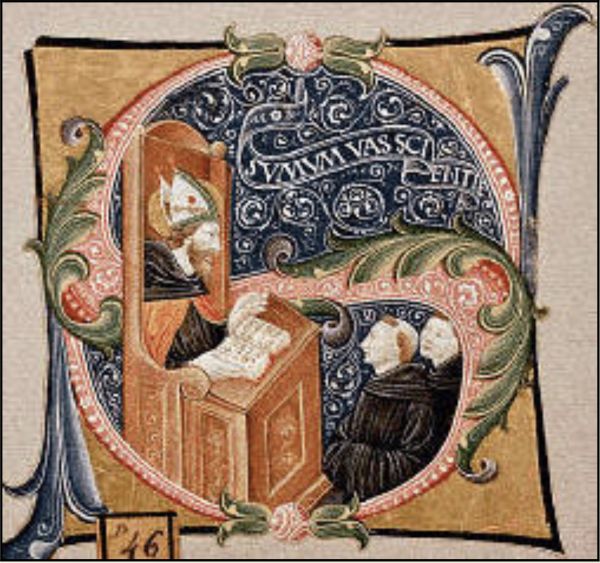For Francis and Clare of Assisi, humility of heart, interior and exterior poverty was the keystone of all the other beatitudes, the identikit of Jesus and of every disciple who wants to walk in his footsteps.
Enchanting is a passage from the 'Sacrum Commercium' (an allegorical operetta by an unknown author) contained in the Sources and which we quote here, regarding poverty.
"Thus, enamoured of thy beauty, the Son of the Most High Father to thee alone united himself closely in the world and knew thee by most faithful proof in all things.
Even before He came to earth from the splendour of His homeland, Thou didst prepare for Him a worthy habitation, a throne on which to sit, and a throne in which to rest, namely, the most poor Virgin, from whom He was born to shine upon this world.
To him as soon as he was born with solicitude you ran to meet him, so that he might find in you, and not in softness, a place that would be pleasing to him.
He was laid, says the evangelist, in a manger, because there was no room for him in the inn.
In the same way, never parting from him, you always accompanied him, so that throughout his life, when he appeared on earth and lived among men, while the foxes had their dens and the birds of the air their nests, he had nowhere to lay his head.
And later when he, who had once opened the mouth of the prophets, opened his mouth to teach, he first wanted to praise you, he first exalted you with the words: Blessed are the poor in spirit, for theirs is the kingdom of heaven" (FF 1977).
Francis then, in his Admonitions, among other things exalts the pure heart, precisely the poor, when he says:
"Blessed are the pure in heart, for they shall see God. Truly pure in heart are those who disdain earthly things and seek heavenly things, and never cease to adore and see the Lord God, living and true, with a pure heart and soul" (FF 165).
Clare echoes him in her Testament:
"If we live according to the aforementioned form of life, we will leave others a noble example and, through a very short effort, we will earn the prize of eternal beatitude" (FF 2830).
«Blessed are the poor, for yours is the Kingdom of God»
6th Sunday in O.T. year C (Lk 6,17.20-26)












